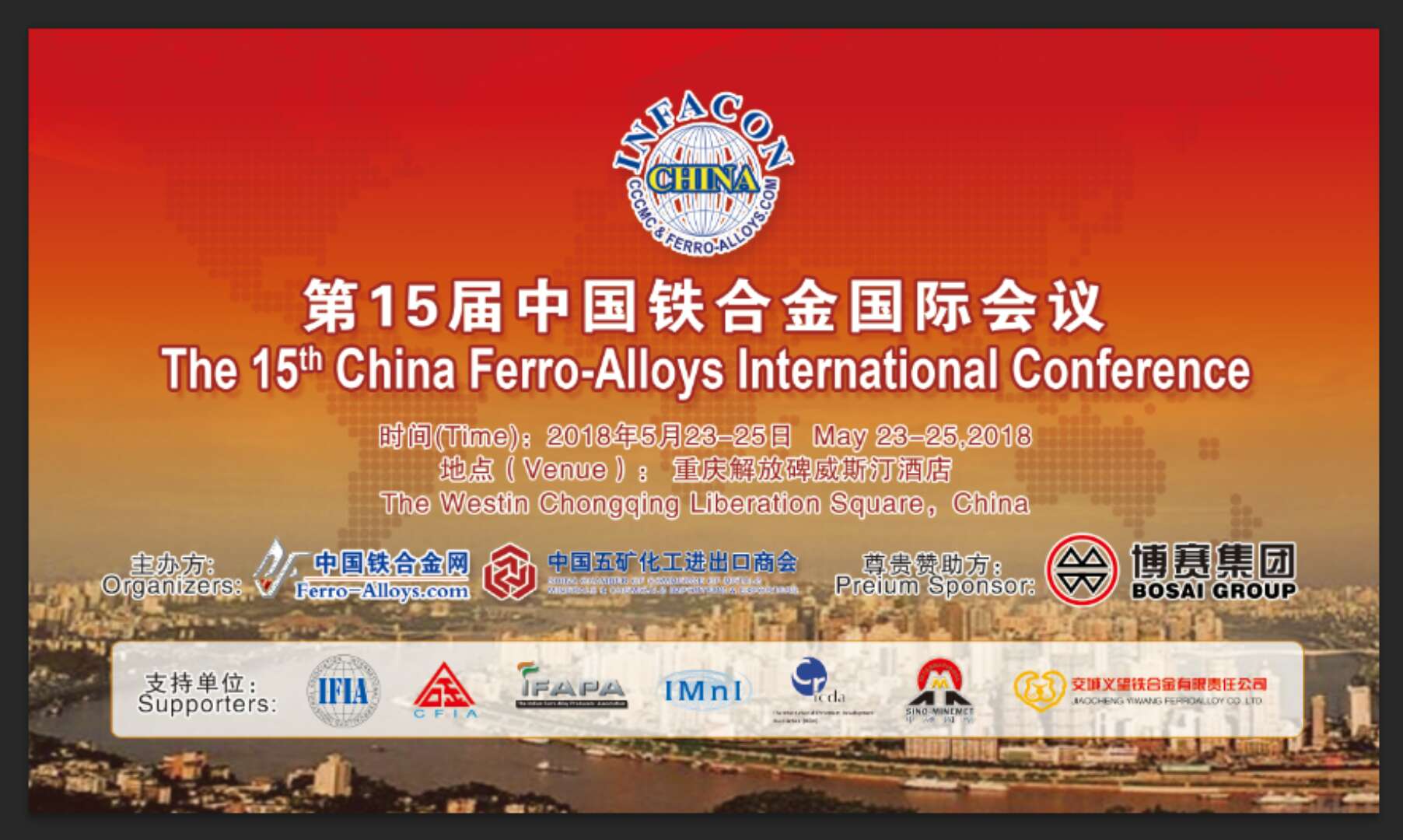[Ferro-Alloys.com]US President Donald Trump has signed off on previously announced tariffs on steel and aluminium imports into the United States, officially implementing them as trade policy.
"The actions we've taken today are not a matter of choice, they're a matter of necessity," Trump said during a press conference on Thursday March 8.

Trump signed the blanket tariffs – 25% on steel imports, 10% on aluminium imports – following a meeting with United Steelworkers union representatives at the White House on Thursday. The tariffs will exclude North American Free Trade Agreement members Canada and Mexico - at least temporarily while Nafta renegotiations continue.
"I conclude that Canada and Mexico present a special case," Trump said in a presidential proclamation on steel. He also noted a "shared commitment to supporting each other in addressing national security concerns, our shared commitment to addressing global excess capacity for producing steel, the physical proximity of our respective industrial bases [and] the robust economic integration between our countries."
A separate proclamation was signed by Trump for aluminium, utilizing virtually the same language except for differences in grades covered by the orders.
Canada and Mexico had not been excluded when Trump first made public his intentions for the tariffs. But the White House on Wednesday March 7 had suggested that there could be "potential carve-outs" for Nafta partners.
For other countries, including US allies, Trump said on Thursday that the US is open to negotiations to modify or drop the tariffs for individual exporters. US Trade Representative Robert Lighthizer will be in charge of this exemption process, Trump said.
"This relief will help our domestic steel industry to revive idled facilities, open closed mills, preserve necessary skills by hiring new steel workers, and maintain or increase production, which will reduce our nation’s need to rely on foreign producers for steel and ensure that domestic producers can continue to supply all the steel necessary for critical industries and national defense," Trump said. "Under current circumstances, this tariff is necessary and appropriate to address the threat that imports of steel articles pose to the national security."
Those steel "articles" are defined under the Harmonized Tariff Schedule as 7206.10 through 7216.50; 7216.99 through 7301.10; 7302.10, 7302.40 through 7302.90; and 7304.10 through 7306.90.
For aluminium, the "articles" defined in the order are unwrought aluminium (HTS 7601); aluminium bars, rods, and profiles (HTS 7604); aluminium wire (HTS 7605); aluminium plate, sheet, strip, and foil (flat-rolled products) (HTS 7606 and 7607); aluminium tubes and pipes and tube and pipe fitting (HTS 7608 and 7609); and aluminium castings and forgings (HTS 7616.99.51.60 and 7616.99.51.70).
Once signed, the tariffs are expected to take 15 days to go into effect, according to Trump.
The tariffs generated controversy in the metals industry, with market participants arguing that the blanket measures won’t be effective in curbing oversupply from countries deemed "bad actors," but would hurt downstream market participants more than they would aid upstream producers.
Article from Internet for reference only
- [Editor:Jiang Li Juan ]



 Save
Save Print
Print Daily News
Daily News Research
Research Magazine
Magazine Company Database
Company Database Customized Database
Customized Database Conferences
Conferences Advertisement
Advertisement Trade
Trade










Tell Us What You Think